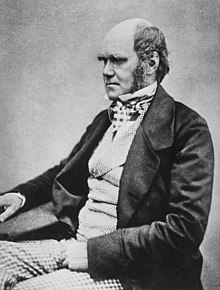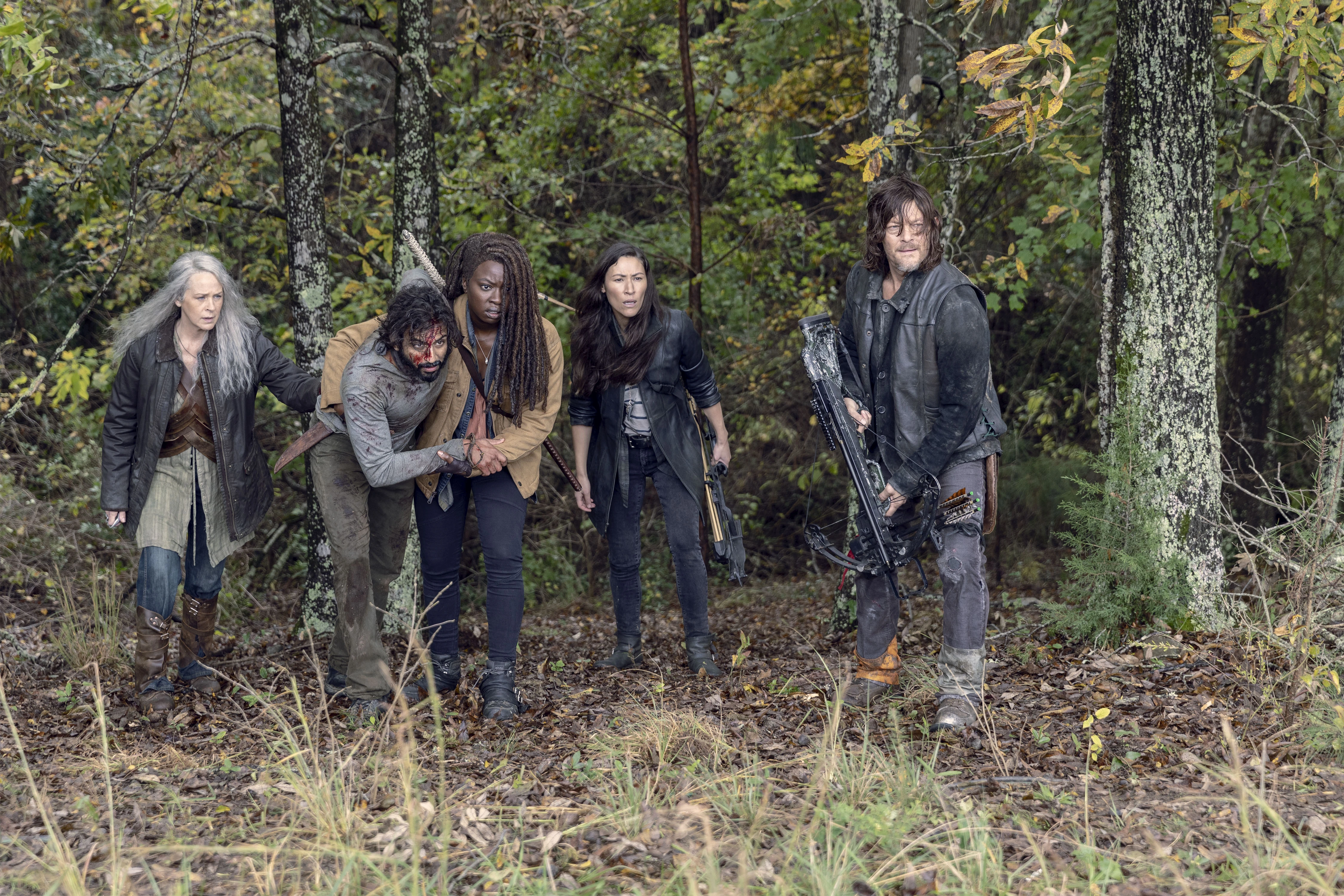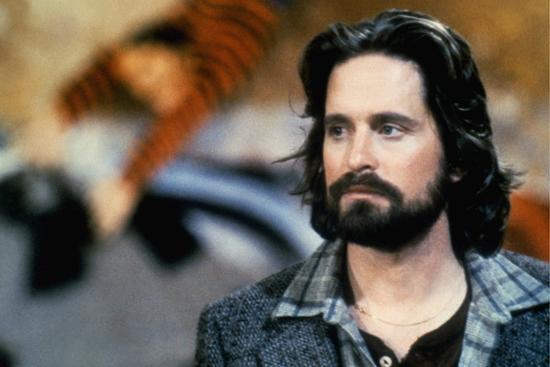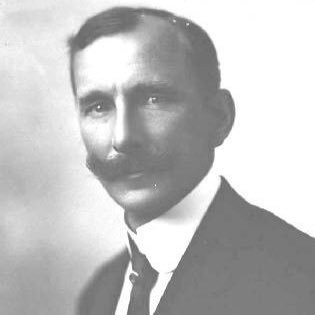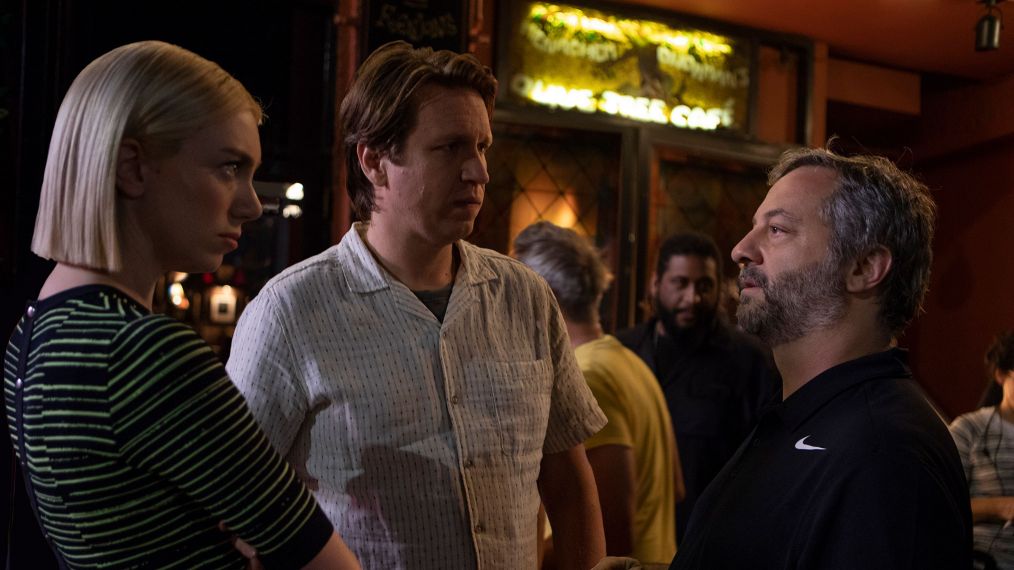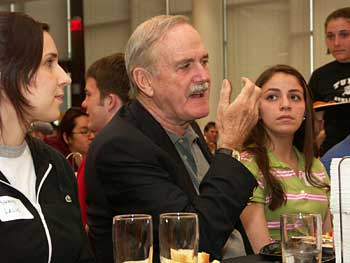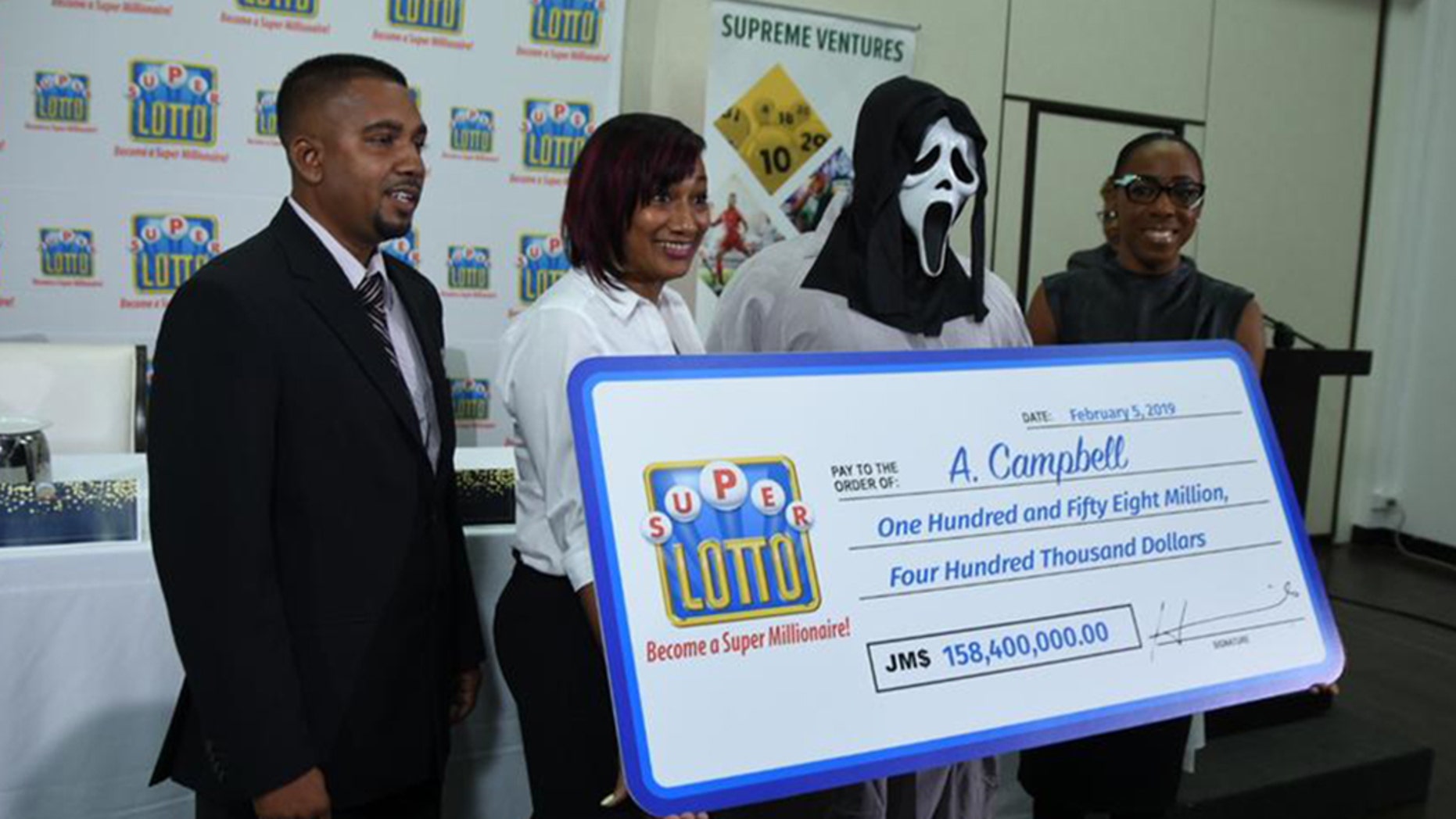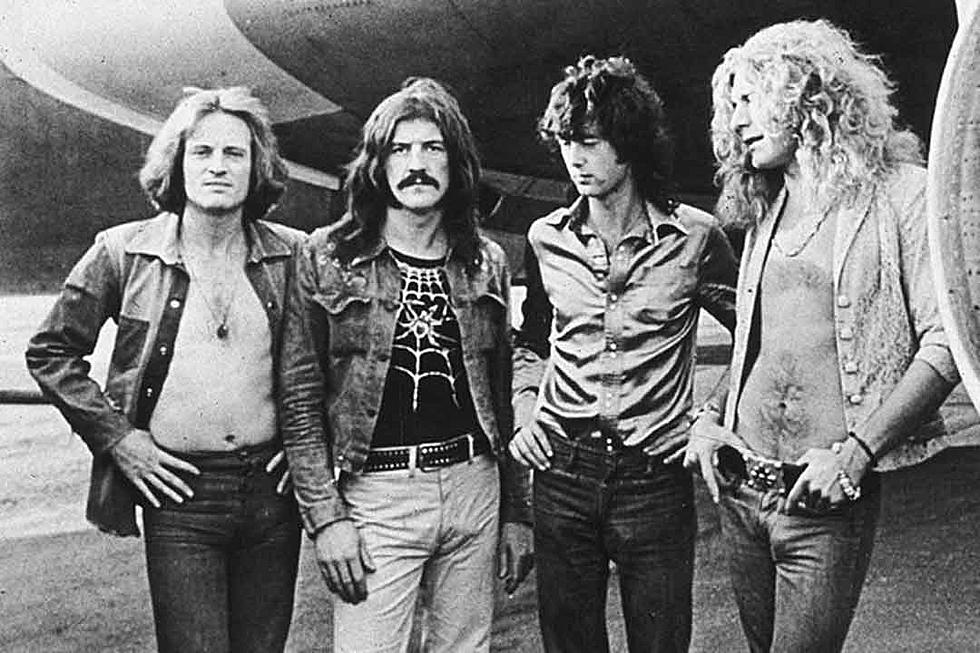Charles In Charge
I was talking to a friend who claimed Charles Darwin was a racist. My friend is an intelligent person, but his specialty is not science. (Neither is mine, but that's a separate issue.) I assume he'd heard some sort of argument, first- or second-hand, from a creationist type trying to undercut Darwin, generally through quote-mining.
Certainly Darwin said things that sound strange to our ears, but that's to be expected. The vast majority of Europeans in the 19th century were what we would call racist. They generally assumed--and even believed was scientifically proven--that the white race was superior to other races. After all, Europeans had a better lifestyle, had conquered much of the world and had a better understanding of how the things worked, both physically and morally. Didn't that show they were naturally superior?
Yet there are still claims today that Darwin helped create modern racism. It's rather absurd, since well before Darwin became famous there was more than enough racism (and slavery) to go around, and no one needed any notions from Darwin to continue that racism.
If anything, Darwin was more enlightened than most in his day. He strongly opposed slavery, and believed that all humans are the same species.
But let's say Darwin was a racist, even more than others back then. So what? That doesn't mean his basic argument about evolution is wrong. In any case, it's understood that Darwin's theories are far from perfect. But that doesn't bother scientists, since his writings are not holy writ. In fact, he made a lot of mistakes, and was (obviously) quite incomplete in his knowledge, so much of what he argued has since been superseded.
I tried to explain this to my friend. Maybe he'll change his mind. I don't suppose it'll make much difference overall, but hey, one person at a time.

